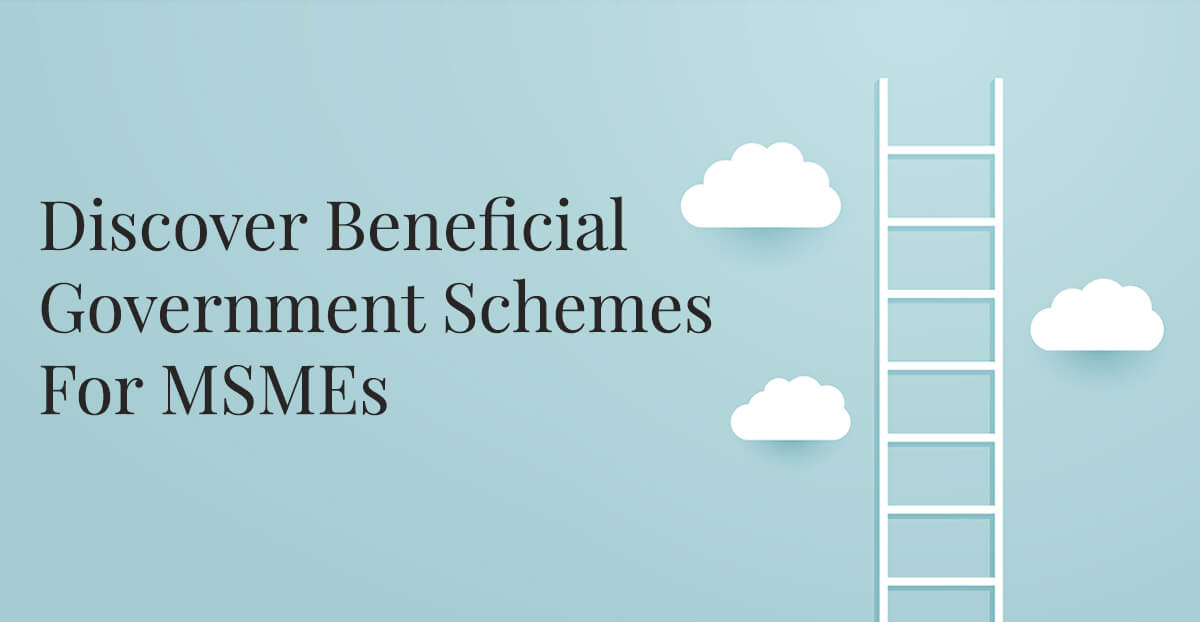
Discover Beneficial Government Schemes For MSMEs
Starting a business requires entrepreneurs to work hard, be dedicated and passionate about realising their business dreams and on this entrepreneurial journey entrepreneurs can do with all the assistance that they can get. The Government of India has a number of beneficial schemes for Micro, Small and Medium Enterprises to help them at every step on their journey to bringing their entrepreneurial dreams to fruition. However, often business owners are unaware of these government schemes for MSMEs which can help their businesses tremendously, whether in terms of financial assistance or any other guidance.
deAsra, with the help of its partner, Haqdarshak, now keeps entrepreneurs updated with the latest government schemes for MSMEs and helps small business entrepreneurs apply for the same. Five such government schemes for MSME are discussed here in detail, including their salient features and the terms for eligibility.